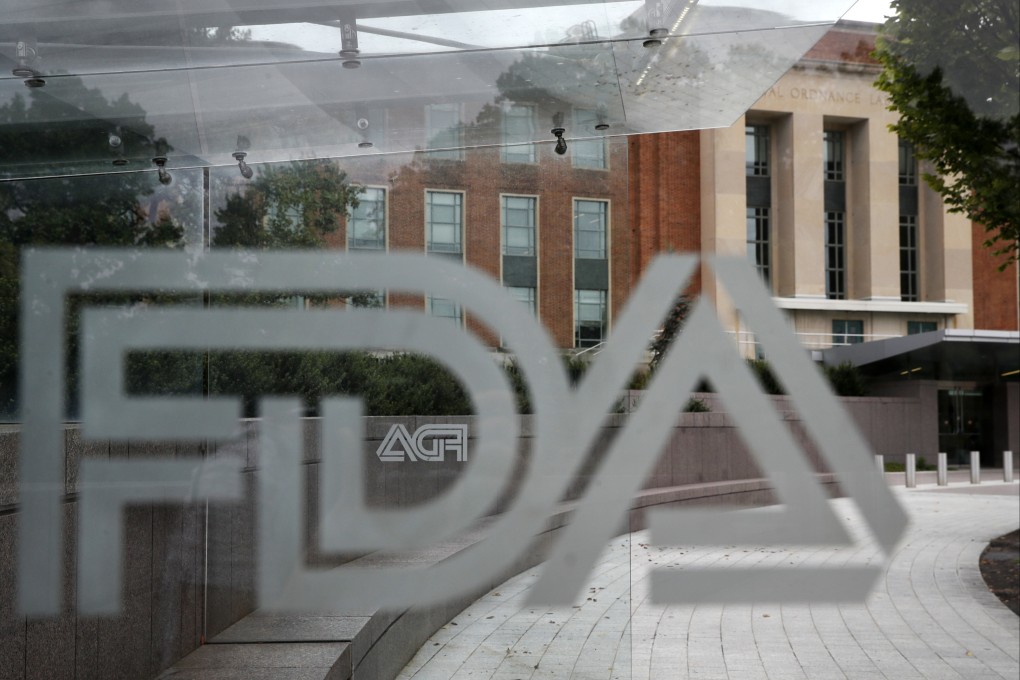Opinion | Why US biotech stocks are looking healthier after a tough year
- Headwinds are starting to abate with a permanent FDA commissioner installed, uncertainty around drug-pricing reform set to ease and a cash-rich biopharma industry eyeing up biotech’s low valuations

Equities started the year on the back foot but followers of biotech stocks of small to mid-sized market capitalisation will know this segment has been on the defensive for much longer. From a peak in February last year to the early weeks of 2022, the benchmark SPDR S&P Biotech exchange-traded fund – focused on small and mid-cap US biotech stocks – lost over half of its value.
In comparison, the S&P 500 index returned around 12 per cent – the widest performance gap since the 2006 creation of the ETF, better known as XBI.
The sector has faced several challenges: uncertainty around drug-pricing reform following the 2020 US election; regulatory surprises and Covid-19 delays; a frothy IPO market; clinical trial setbacks; and, the prospect of rising interest rates weighing on the valuations of long-duration assets.
But the sector is not defeated. Many biotech stocks are trading well below their long-term business value, giving investors an opportunity to enter at unusually low prices.
To be fair, biotech was due for a pullback. Over the past two years, many drug makers went public at sizeable premiums. And nearly a third of companies that completed initial public offerings last year were in the preclinical stage of development, compared with 18 per cent in 2018.
Whereas biotech drawdowns typically persisted for less than 70 trading days and chalked up a 28 per cent loss, this pullback is much deeper at more than 240 days. Many companies now trade below the cash value on their balance sheets, and biotech’s average forward price-to-earnings ratio lags that of the S&P 500 and the sector’s long-term average.


